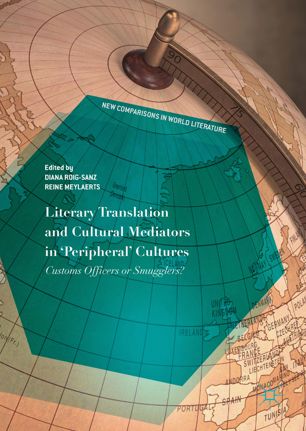

Most ebook files are in PDF format, so you can easily read them using various software such as Foxit Reader or directly on the Google Chrome browser.
Some ebook files are released by publishers in other formats such as .awz, .mobi, .epub, .fb2, etc. You may need to install specific software to read these formats on mobile/PC, such as Calibre.
Please read the tutorial at this link: https://ebookbell.com/faq
We offer FREE conversion to the popular formats you request; however, this may take some time. Therefore, right after payment, please email us, and we will try to provide the service as quickly as possible.
For some exceptional file formats or broken links (if any), please refrain from opening any disputes. Instead, email us first, and we will try to assist within a maximum of 6 hours.
EbookBell Team

4.7
66 reviewsThis book sets the grounds for a new approach exploring cultural mediators as key figures in literary and cultural history. It proposes an innovative conceptual and methodological understanding of the figure of the cultural mediator, defined as a cultural actor active across linguistic, cultural and geographical borders, occupying strategic positions within large networks and being the carrier of cultural transfer. Many studies on translation and cultural mediation privileged the major metropolis of Paris, London, and New York as centres of cultural production and translation. However, other cities and megacities that are not global centres of culture also feature vibrant translation scenes. This book abandons the focus on ‘innovative’ centres and ‘imitative’ peripheries and follows processes of cultural exchange as they develop. Thus, it analyses the role of cultural mediators as customs officers or smugglers (or both in different proportions) in so-called ‘peripheral’ cultures and offers insights into an under-analysed body of actors and institutions promoting intercultural transfer in often multilingual and less studied venues such as Trieste, Tel Aviv, Buenos Aires, Lima, Lahore, or Cape Town.